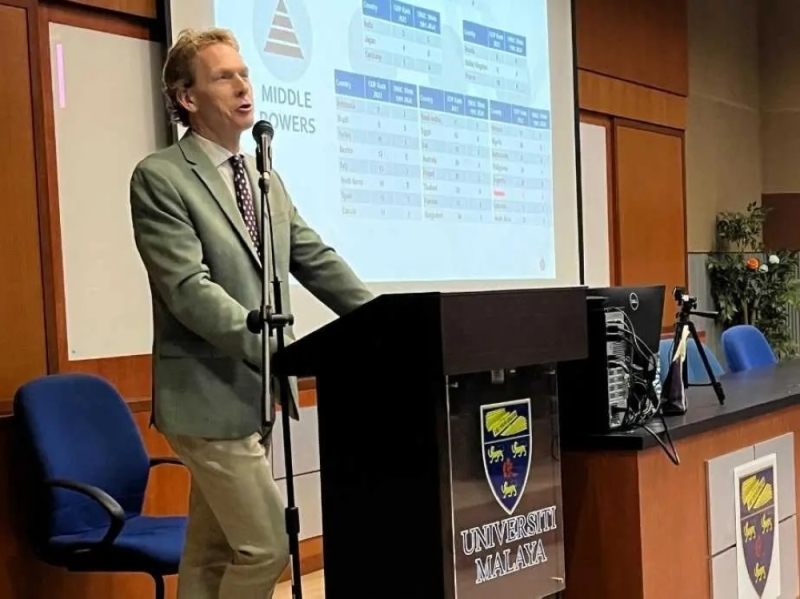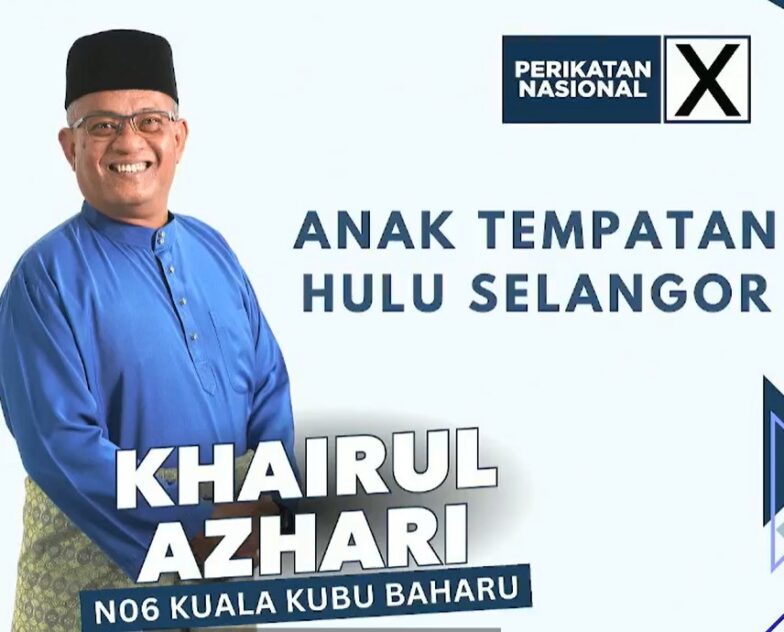LAWYERS and constitutional experts can go on debating all they want, and as much as they think this public back and forth in this political crisis is intellectually impressive, the truth is that these arguments are of no practical value to most people and businesses. It is an exclusive, high-level correspondence that appears deaf and blind to the voices and needs of the Rakyat.
One of the reasons for this is disconnectedness. Politicians typically get a glimpse of what’s happening on the ground through secondary data analysis by their own respective offices, news media outlets, research institutes and think tanks.
Even if these bodies strive their very best to stifle any biases and ensure polls/surveys are as representative of the population as possible, unfortunately most people may still dismiss these results because of the same reasons. Not to mention how information may get refined and “massaged” by the time it reaches the intended ears.
What Parliamentarians and politicians need is perhaps a way to know exactly what the sentiment is on the ground in a direct, reliable, frequent, unbiased and transparent way.
Perhaps it’s time to consider a “MyRakyat” application (app), used for Parliamentarians to engage the people directly, just like how MySejahtera app is used nationwide to connect directly with the people for Covid-19 healthcare related purposes.
Through this national MyRakyat app, mechanisms such as online opt-in nationwide polls or surveys could and should be done to obtain opinions and sentiments of the people.
Such a tool would be particularly useful in times of political crisis (as what is happening now). While politicians play politics at the top and political alignments remain elusive, occasional doses of unfiltered truth may just be the “booster vaccines” needed to bring them back down back to reality.
We already know the narrative and stance from all sides of the political divide. Let’s see what the people have to say.
The prerequisite for the success of such a platform like MyRakyat is that people need to trust the system. It has to be discreet, immutable, and secure.
National Digital ID (NDID) should be tied to MyRakyat account holders to ensure these are truly Malaysian nationals. It is said that the NDID is developed with privacy and security by design, and that one of NDID’s function could be used in e-Voting. Therefore, the secure integration for such use should be seamless.
The body managing the app and its infrastructure can be made fully independent with its own funding, and report to a special committee in Parliament, consisting of a balanced composition of the opposition and ruling coalition.
The servers have to be located in a secure and neutral place where data must be stored in tamper-free systems that exist outside of any particular ministries or agencies, accessible to Parliamentary oversight, as well as independent oversight bodies such as the Royal Commission of Inquiry. This is no different than how the Electoral Commission should operate.
Results from MyRakyat app such as polls, questionnaires and surveys can be released to the public. Research houses and think tanks can do their part to scrutinise, analyse, interpret, and get creative with data presentations.

It’s fine to debate as long as everyone is looking at the same reliable set of data. It is said that the truth is like a lion – it just needs to be let out and it will know how to defend itself.
Should MyRakyat app be as widespread as MySejahtera app, it should solve the issue of sample randomness and representativeness. The system can segregate this according to location, age group, race, education level, income level, and many other dimensions for further analysis and refinements.
Such data is, of course, a snapshot of public sentiment. It is no way a determinant of a ruling coalition’s level of MP support, nor a prediction of general election outcomes. Experience with nationwide polls in the US is proof of this.
National polls can be useful in identifying pain points and elucidating Malaysia’s preferred political candidates. If anything, it becomes a guide for strategizing towards General Elections and the results may greatly differ than what poll results initially projected.
If results from a certain locality indicate a strong support for a particular party/coalition/candidate, it would be unwise for politicians to make a contrarian move to those results. Therefore, it may even prevent frogging.
This means a more democratic, data-driven strategy and policy-making for all.
Similar to how online platforms such as Change.org have been used to exert significant public pressure on decision-maker, MyRakyat app should allow for a certain “motion” to be participated by the people. These “motions” can be started by MPs. Therefore, it can also cut down on physical protests.
Without this, lawmakers are shielded from the “pulse from the ground”, which may fuel delusions and reinforce false-perceptions on what’s really happening. After all, even if the facts are inconvenient and may be against personal interests, company executives have to listen to their shareholders. – Aug 3, 2021.
Ameen Kamal is the Head of Science & Technology at EMIR Research, an independent think tank focused on strategic policy recommendations based on rigorous research.
The views expressed are solely of the author and do not necessarily reflect those of Focus Malaysia.










